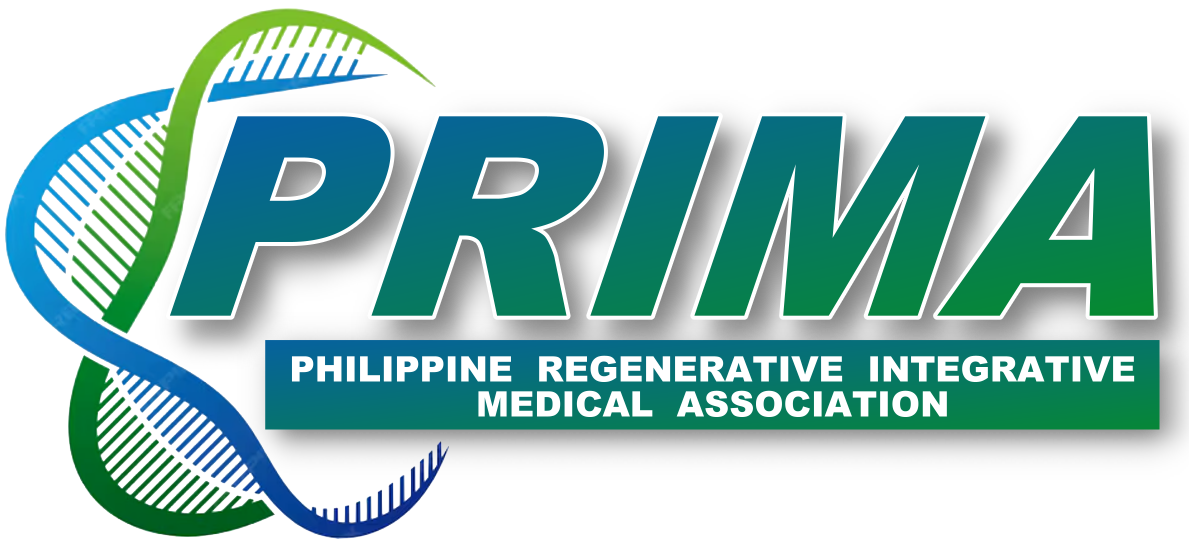
Introduction
Integrative medicine is an evolving field that combines the best of conventional Western medicine with complementary and alternative therapies to address the whole person, not just the disease. By focusing on the interconnections between mind, body, and spirit, integrative medicine aims to achieve optimal health and healing. This holistic approach is gaining popularity as patients and healthcare providers alike seek more comprehensive and personalized methods for managing health and wellness.
Defining Integrative Medicine
Integrative medicine takes a holistic approach to healthcare, emphasizing the therapeutic relationship between the practitioner and the patient, and integrating both conventional and complementary approaches to treatment. It is grounded in the principles of patient-centered care, prevention, and the use of all appropriate therapeutic approaches to achieve optimal health and healing.
Core Principles of Integrative Medicine
- Holistic Care: Integrative medicine considers the whole person, including physical, emotional, mental, social, spiritual, and environmental influences, which all affect health. It aims to treat the individual rather than just the disease, fostering a deeper understanding of how these various aspects interplay in a person’s overall well-being.
- Patient-Centered Approach: The practitioner-patient relationship is central to integrative medicine. It focuses on open communication, mutual respect, and a collaborative approach to healthcare decisions. This partnership helps to tailor treatments to the individual needs and preferences of the patient.
- Evidence-Based Practice: Integrative medicine employs evidence-based treatments from both conventional and alternative medicine. It supports the use of scientifically validated therapies and encourages ongoing research to explore the efficacy and safety of various approaches.
- Prevention and Wellness: Prevention is a key component of integrative medicine. It emphasizes lifestyle changes and preventive measures to maintain health and prevent illness. This includes nutrition, exercise, stress management, and other proactive health strategies.
Common Therapies in Integrative Medicine
- Conventional Medicine: Conventional medicine includes treatments like pharmaceuticals, surgery, and other traditional medical interventions. In integrative medicine, these treatments are complemented by alternative therapies to enhance overall health and well-being.
- Mind-Body Practices: Techniques such as meditation, yoga, tai chi, and mindfulness are used to reduce stress, improve mental health, and enhance physical well-being. These practices help individuals manage chronic pain, anxiety, depression, and other conditions.
- Nutritional and Herbal Medicine: Integrative medicine often incorporates dietary changes and nutritional supplements to support health. Herbal medicine uses plant-based remedies that have been shown to promote healing and prevent illness.
- Acupuncture and Traditional Chinese Medicine (TCM): Acupuncture and TCM focus on balancing the body’s energy flow to promote healing and wellness. These practices have been effective in treating various conditions, including pain, digestive issues, and stress-related disorders.
- Chiropractic and Osteopathic Manipulation: These therapies involve hands-on techniques to align the body’s musculoskeletal structure, particularly the spine, to improve function, relieve pain, and support the body’s natural ability to heal itself.
Benefits of Integrative Medicine
- Comprehensive Care: By combining conventional and alternative therapies, integrative medicine provides a more comprehensive approach to healthcare. This holistic view can lead to better health outcomes and improved quality of life.
- Personalized Treatment: Integrative medicine recognizes that each patient is unique. Treatments are tailored to the individual’s specific needs, preferences, and circumstances, leading to more effective and satisfying healthcare experiences.
- Enhanced Wellness and Prevention: With a strong emphasis on prevention and wellness, integrative medicine encourages patients to take an active role in their health. This proactive approach can prevent the onset of diseases and reduce the reliance on pharmaceutical interventions.
- Improved Patient-Provider Relationships: The focus on collaboration and communication fosters a stronger, more trusting relationship between patients and healthcare providers. This partnership can lead to better adherence to treatment plans and more successful health outcomes.
Challenges and Future Directions
While integrative medicine offers numerous benefits, it also faces challenges such as limited insurance coverage for alternative therapies, varying levels of regulation and standardization, and the need for more extensive research to validate certain treatments. Despite these challenges, the growing interest in holistic and personalized care is driving the field forward.
Conclusion
Integrative medicine represents a paradigm shift in healthcare, bridging the gap between conventional and alternative therapies to offer a more holistic, patient-centered approach to health and wellness. By addressing the whole person and emphasizing prevention, integrative medicine holds the promise of not only treating diseases but also enhancing overall well-being. As the field continues to evolve, it is poised to play a crucial role in the future of healthcare, providing patients with comprehensive, personalized, and effective treatment options.
